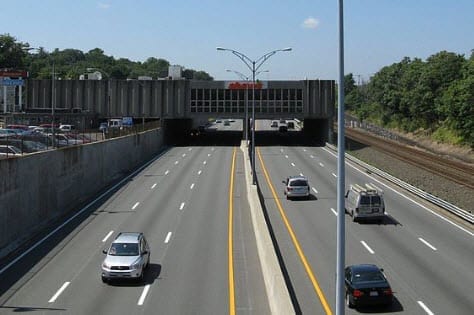The state Governor is introducing a new approach to try to control this growing issue.
When Governor Deval L. Patrick first made its significant deregulation changes to the once tremendously costly and extremely regulated Massachusetts auto insurance industry, five years ago, he also promised consumers that it would help them to save money as he brought in a new approach which he called “managed competition.”
This was according to the data from the National Association of Insurance Commissioners. However, later data that has been compiled since 2009 by Attorney General Martha Coakley, has shown that those rates are now shooting upward. For example, Travelers/Premier has now increased by 30 percent, while Plymouth Rock and Liberty is up by 18 percent and Progressive and Commerce are now 16 percent higher.
According to the legislative director for the Massachusetts Public Interest Research Group, Dierdre Cummings, “A lot of consumer voices, at the time of deregulation of the auto insurance market, predicted that rates were gonna go up, and sure enough, that’s what’s happened.”
Cummings explains that it appears to be the most affluent customers who have benefited so far.
She stated that it is these policyholders, who have the largest assets, that are the most appealing to Massachusetts auto insurance companies and that they are the ones who are most targeted with discounts as they combine coverage packages for cards, homes, boats, second homes, and other policies.
Cummings went on to say that “These are the consumers that are getting a very good break on auto insurance rates. Unfortunately, that’s coming on the backs of these consumers that don’t own their own home, that don’t make enough money” and who are watching their premiums increase.
Some of the execs in the Massachusetts auto insurance industry are now arguing that, to some degree, it still makes sense that the costs are higher now than they were back in 2009, as that was a recession year and a much lower number of consumers were purchasing new cars, in favor of trying to hang onto their older vehicles as long as possible. The depreciation of value of those vehicles means that they were less costly to cover.

